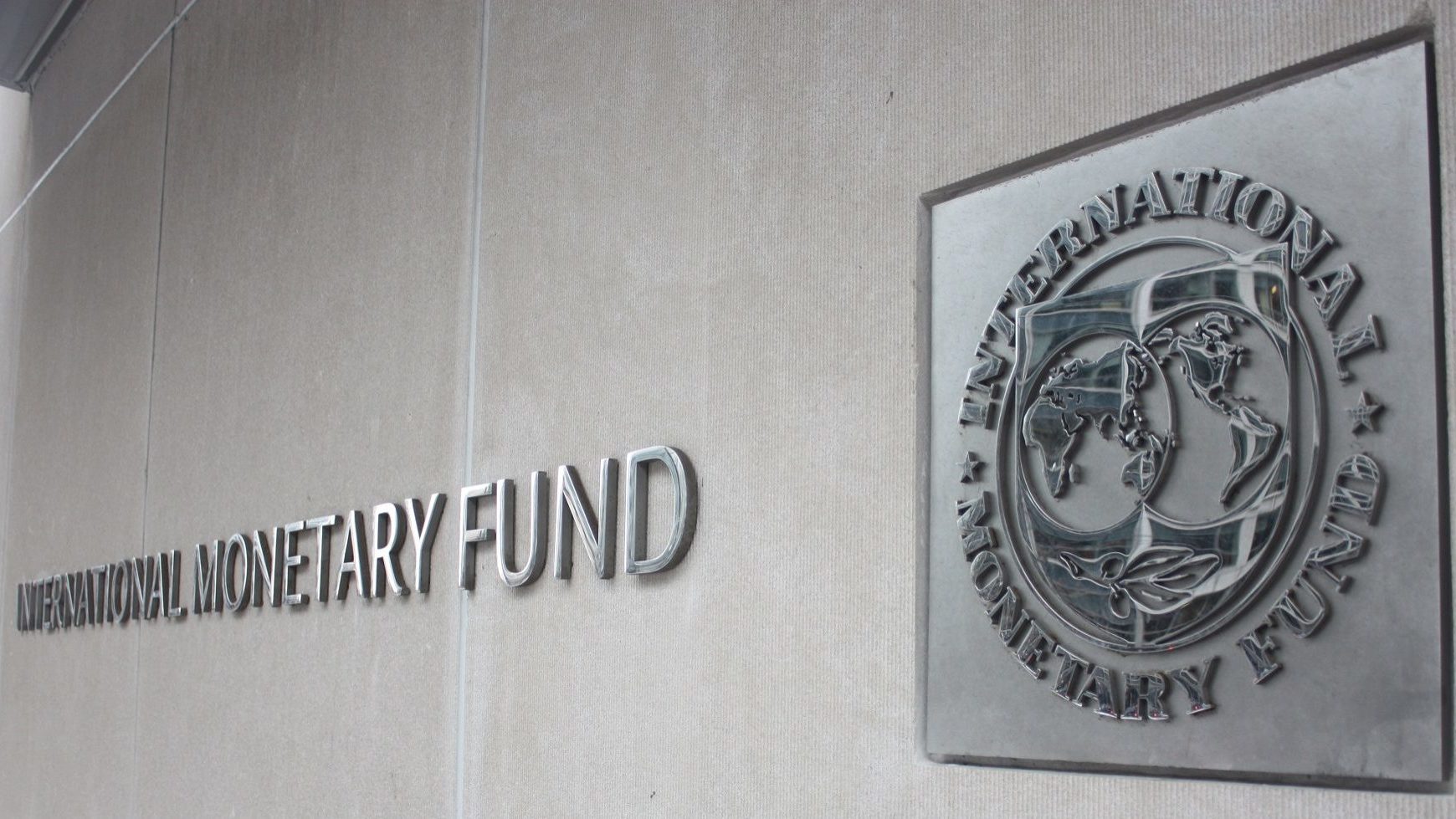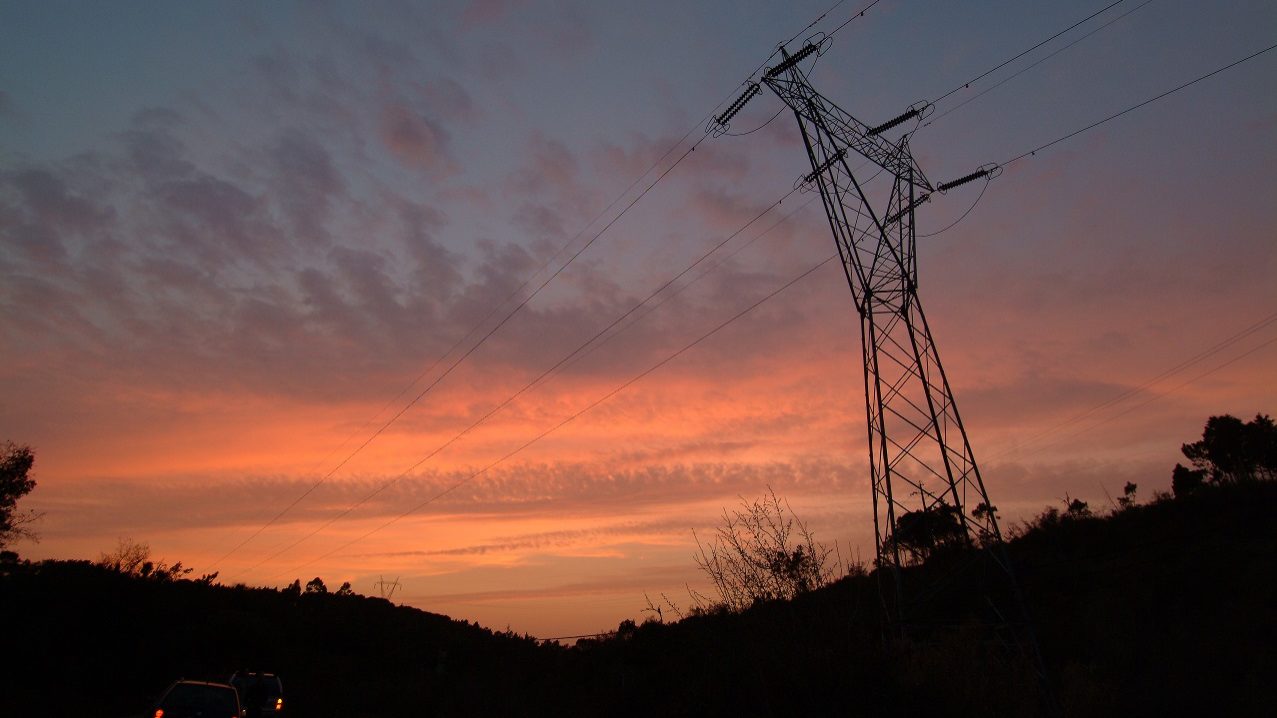Portugal is one of the six countries to adopt energy price alleviation measures
Portugal is one of six EU member states that have put forward support measures to address the energy crisis after guidance from the European Commission to curb rising prices
Portugal is one of six EU member states that have put forward support measures to address the energy crisis after guidance from the European Commission to curb rising prices, a Community source told Lusa.
Days after Brussels presented a “toolbox” of possible measures that countries could adopt to relieve citizens at a time when electricity and gas prices are reaching record highs, a Community source revealed to Lusa that, so far, 15 Member States have said that they are taking or planning action.
Among the countries that have adopted measures are Portugal, Spain, Greece, France, Italy and Slovenia.
On the other hand, another nine member states have announced that they are preparing or considering measures, such as Belgium, Bulgaria, Estonia, Ireland, Latvia, Lithuania, the Netherlands, Poland and Slovakia.
The remaining 12 countries are not planning any immediate action, including Austria, the Czech Republic, Cyprus, Germany, Denmark, Finland, Croatia, Hungary, Luxembourg, Malta, Romania and Sweden.
Last Wednesday, the EU executive presented a “toolbox” to guide EU countries in adopting national measures at a time when escalating electricity prices, as a result of rising gas markets and higher demand, threaten to exacerbate energy poverty and cause difficulties in paying heating bills this autumn and winter.
As part of that communication, the European Commission has proposed that member states move forward with ‘vouchers’ or moratoria to alleviate electricity bills for the most fragile consumers, suggesting an investigation into “possible anticompetitive behaviour”.
On Friday, the Portuguese government announced a reduction in the tax rate on petroleum products (ISP) applicable to petrol and diesel, worth €90 million.
On Monday, the Energy Services Regulatory Authority (ERSE) approved a package of extraordinary measures for the electricity and natural gas sectors to mitigate the negative impact of prices on wholesale markets.
According to ERSE, these measures will be in force until the end of the first half of 2022, highlighting among them the “controlled and minimally programmed exit of market suppliers” to avoid operational losses due to insolvencies.
Brussels told Lusa it had asked the Agency for the Cooperation of Energy Regulators (ACER) to “analyse the benefits and drawbacks of the current [electricity] market model and its implementation by member states to ensure that the market design continues to serve needs”.
“With the current wholesale electricity price being driven by global gas prices, some have questioned whether this market model is still appropriate,” the institution said while cautioning that “as global conditions drive price spikes, alternative market models are unlikely to produce better results.”
In the “toolbox” presented last week, Brussels also suggested countries study the “potential benefits” of a voluntary joint purchase of gas reserves.
Reminding countries of their position on this measure, Brussels told Lusa that there is “no indicative timetable” for the time being.


